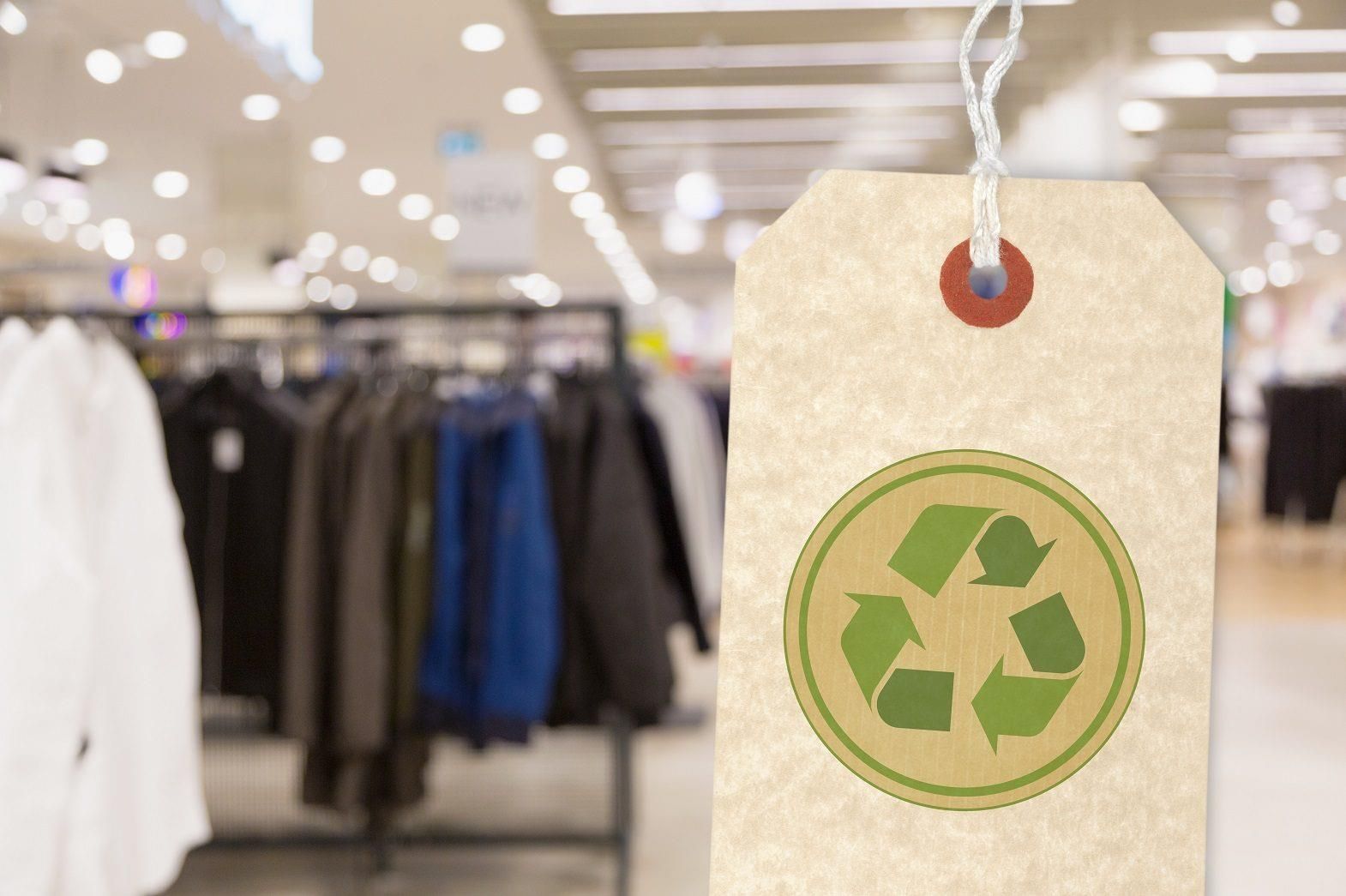Corporate Social Responsibility (CSR) has become an inevitable concept of the textile industry. Researches show that the textile industry is the most polluting industry of the world. Almost 2000 different varieties of chemicals are used in this industry. Mere chemical processing in this industry constitutes 70 percent of the overall pollution. The importance of sustainable fabric is recognized by both consumers and manufacturers.
Recycling has always been considered an environment friendly practice. A recycled fabric is no less sustainable. One can easily come across recycled fabric in the market. They are made from existing garments that were otherwise destined to be disposed. The ones people give to charity are usually recycled. They do not lead to wastage of the existing clothes even if they are no longer wanted by their owners.
Propagators of sustainability and eco-friendly practices advise in favor of recycled textiles and garments. One is educated to resort to the use of recycled clothes. Sustainability is usually summed up into three parts - reduce, reuse, and recycle! Recycling means that one is making the fabric to survive despite it being discarded. Besides, it is an environment friendly tactic to manufacture clothes, as well.
Recycled clothes help in saving the resources that are needed to manufacture new apparels. Synthetic fibers comprise of almost 65 percent of the total world production for fibers. They consume a lot of oil which is a nonrenewable resource. Natural fibers like cotton, silk, wool, etc. also make use of resources that needs to be conserved. Making use of recycled fabrics will help in reducing the speed of their depletion.
As the waste gets converted into recycled fabrics, there are lesser wastes to be disposed overall. Textile wastes would otherwise have fallen on land. Recycling reduces the waste disposed onto land. Many times, certain fabrics make use of chemicals during preparation that does not get decomposed. Such fabrics should especially be recycled. Sustainable practices of this sort are environment friendly.
It is mandatory to keep cost under check while indulging in sustainability. If the cost of the fabric gets too high, it does not quite fit under the category of sustainable fabrics. Recycled fabric can be considered to fall under this category as it reduces the price of certain fabrics considerably. Since it does not require or require very less raw materials, it proves to be cheaper to consumers.
It has been agreed upon that recycled fibers consume lesser energy in order to produce a fabric. Recycled polyester consumes 33 percent to 53 percent less energy in comparison to the normal polyester used for manufacturing clothes. Researches indicate that almost 85 percent of the climatic changes are a result of the energy use on the surface of the Earth. Reducing the energy consumption is beneficial to the environment.
The items that are collected for recycling are initially divided into two - one that can be worn and one that cannot be worn. They are again separated on the basis of their material and their color. The textile is pulled into fibers. Then these fibers are cleaned and mixed with other fibers, if necessary. The fiber is then spun to manufacture yarn. The yarn is woven, dyed or printed, and finally stitched into clothes.
There are a number of recycling units that recycle old or thrown away clothes. Charity homes that get a large number of used clothes as donations generally resort to the recycle of clothes. They send clothes that are not worthy to be worn or that are extra to recycling units. They get paid for them in return. Studies show that reusing old clothes results in a considerable decrease of CO2 emission into the atmosphere.
There is no doubt to the fact that recycling textiles is a sustainable practice. This kind of a practice is beneficial to the environment. It is highly recommended in the textile industry. This step will help reduce the carbon footprints left behind by the industry. It will thereby help reduce the overall cost of manufacturing textiles. Sustainability is advisable for everybody and recycling is a step towards the same!
References:
- Oecotextiles.com
- Oecotextiles.wordpress.com
- Smartasn.org
- Infomonitors.com
- Bir.org








Comments